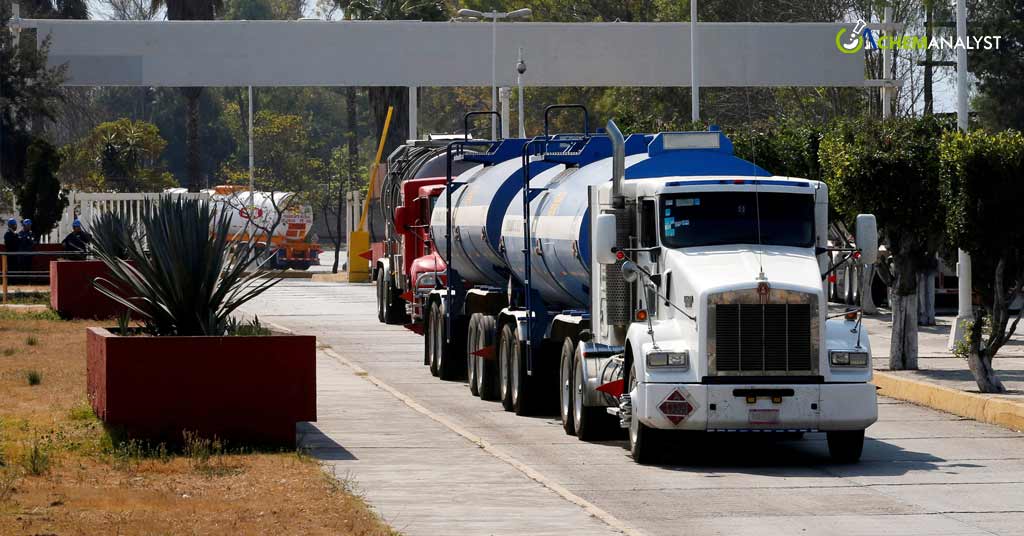Welcome To ChemAnalyst

Mexico's government has issued a decree for the expropriation of a hydrogen plant situated within a Pemex oil refinery, which had been previously sold to French company Air Liquide during the prior administration. This action comes in the wake of officials ordering a temporary occupation of the facility in December. The announcement of expropriation from Mexico's energy ministry surfaced in the government's official gazette late on Thursday. The rationale behind this decision revolves around perceived risks to motor fuels production at the Tula refinery, which is owned and operated by state-run Pemex, owing to the reliance on third-party hydrogen supply.
Hydrogen plays a crucial role in oil refineries, particularly in reducing the sulfur content in petroleum products, with a particular emphasis on diesel. Hence, any disruption or uncertainty in hydrogen supply could potentially impact the refining processes and, subsequently, the production of motor fuels.
Moreover, the government's declaration also underscores the imperative of safeguarding Mexico's "energy sovereignty" through the expropriation of the privately-operated hydrogen facility. The order specifies that the concerned firm has a 15-day window from the publication date to present its response to the ministry's legal office.
Since assuming office in late 2018, President Andres Manuel Lopez Obrador, a leftist leader, has been steadfast in his efforts to consolidate greater control over the country's energy sector, favoring entities such as Pemex and the state electricity company CFE. This move is aligned with his broader vision of bolstering domestic production of gasoline and diesel, thereby reducing Mexico's historical dependence on foreign imports.
In 2017, Pemex's refining arm entered into a 20-year contractual agreement with Air Liquide, aiming to procure hydrogen for the Tula refinery's operations. The objective behind this collaboration was to drive down costs and enhance operational efficiency. Situated in central Hidalgo state, north of Mexico City, the Tula refinery stands as Pemex's second-largest operational refinery.
The decision to temporarily occupy the Air Liquide plant in December stemmed from concerns over the refinery's operational continuity and the need to address any potential disruptions promptly. At that time, the government asserted that Pemex should provide compensation to the French company for any inconveniences caused. However, the recent expropriation order does not explicitly mention any provisions for compensation.
The expropriation of the hydrogen plant underscores the Mexican government's assertive stance in asserting control over strategic assets within the energy sector. By bringing essential components of the refining process under state control, the government aims to ensure stability and security in energy supply, thus advancing its broader energy policy objectives.
However, this move has sparked debates and concerns regarding potential implications for foreign investment and private enterprise within Mexico's energy landscape. Critics argue that such measures could undermine investor confidence and deter future investments in the country's energy infrastructure.
We use cookies to deliver the best possible experience on our website. To learn more, visit our Privacy Policy. By continuing to use this site or by closing this box, you consent to our use of cookies. More info.
